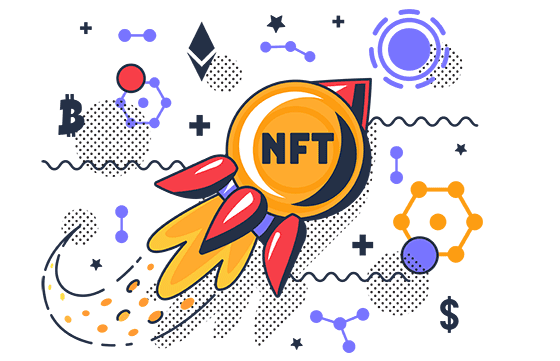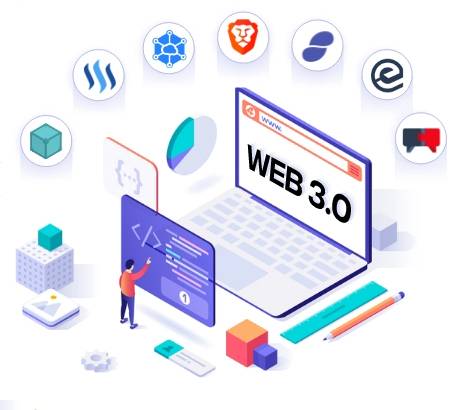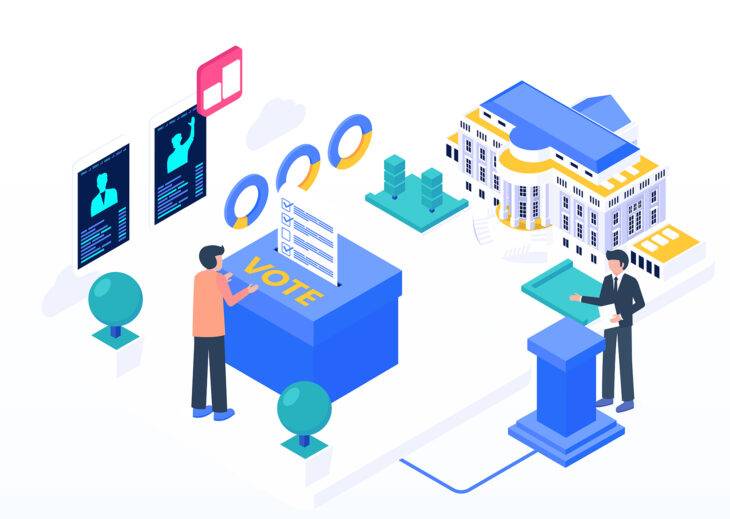If security token offerings are public offerings under regulations, then what is the real difference? Can there be good arguments for carrying out an STO rather than an IPO? The IPO is a 400 years old practice, and it’s about time for some evolution in the capital markets. STOs bring IPOs to the 21st century with a multitude of benefits for both investors and business owners. Not surprisingly industry experts predict that STOs will disrupt the IPO markets, and go as far as saying that it might replace it.
IPO vs. STO, what’s the distinction?
Initial Public Offering and Security token offering are quite similar in nature, but with a crucial twist. To put it simply they are both methods of public fundraising based on tangible assets. On an IPO the investor buys stocks that represent equity in a company; therefore, becoming the owner of a percentage of it. On an STO the investor buys a token that represents the value of company assets and not equity. In this case, having rights to profit dividends, just as on an IPO, but without ownership rights. There are countless variations since any asset can be tokenized. However, this is the most basic principle.
STO benefits over IPO
Costs — It is estimated that an STO campaign costs 40% less than an IPO. Mostly due to the fact that it is carried out in digital form on a decentralized blockchain network. Smart Contracts facilitate regulatory compliance allowing more effective sales and exits by decreasing intermediary fees. All actions associated with a token are programmed into it making possible a range of automatic activities and steps.
Lower barrier of entry — Just like IPOs, STOs are legally bound, and therefore the collaborations of lawyers and advisors are also necessary. This costs money. Nevertheless, the charges are much less than paying the investment banks along with brokers. Plus, STOs could supply a much more direct and transparent opportunity to access a broader investor base, minimizing brokerage fees as compared to conventional investment banks.
Borderless — IPOs are usually performed within the jurisdictions in which the business conducts operations, shutting out foreign investors. With STOs, there is simply no such issue. Investors just need to have an account on the STO platform to take part in it. STOs aren’t limited to a specific area (unless if that is the intention), this fact alone brings incredible advantage in boosting the investor pool. Because of the dynamics of the STOs, it is not perceived as being linked with anyone states in principle.
Novelty — Cryptocurrencies and also ICOs swept the financial markets like no one ever anticipated, except for the hardcore followers and crypto believers. Get rich quick promises and the appeal of how easy it was getting involved produced an enormous community of individuals that have been for the first time introduced to investing; unfortunately, the majority of people involved in ICOs lost their money due to its unregulated nature. This recent investor group is seeking safer and better investments. The investor profile can be somewhat different (STO investor and ICO investor), though the curiosity in STOs is already significant, and provides excellent receptivity to these brand new investors. Particularly the newer generations, they’re happily adopting token investments rather than opening investment accounts in classic banks. These are individuals that don’t operate on traditional stock markets, moreover perhaps never will. As for the more skilled investors that invest in the traditional stock markets, they are going to continue to do so, along with purchasing security tokens.
Fractional ownership — Tokens enable fractional ownership, which means that the security/asset can be fractionalized into tiny units. Making the investment more affordable and attractive for investors with a minimal budget.
99.99 % 24/7/365 — Trading in the security token market is 24/7/365 with 99.99 % uptime. Because Security Tokens and STOs Tokens are decentralized autonomous organizations (DAOs), the majority of administrative responsibilities which are done by executive, stakeholders, panel members, financial analysts, and brokers in the analog realm of the human-run public business are automated. Issuance, reporting, settlement, clearance, underwriting, exchange, registry, and compliance do not involve human intervention in an STO security token endeavor. Plus, unlike public shares, security tokens can, like crypto, be purchased in small fractions.
STOs will disrupt traditional IPOs
Traditional IPOs feature a track record of high exclusivity, only available to a tiny, pre-selected group of investors. For instance, when Google or Facebook went public, the initial offering was only made available to individuals who knew one another, close friends, and market insiders. The rest of the world didn’t have access to it. A perfect example of the rich gets richer situation.
With STOs the story is completely different. The need for going public is morphed into an inclusive offering, which in turn provides substantial financial savings. However, the reduced costs aren’t the sole advantage of STOs. Since STOs are available to a much broader audience, beyond the exclusive “super-rich” club, greater investor access and liquidity take center stage.
The crypto-economic system remains in its infancy, STOs proves that it is growing up, and it won’t stop here. 2019 is considered to be the year of the STO. In 2020 the entire game might change again with a new innovation that we might not have even dreamed of. It is thrilling to have such a brand new, volatile, and innovative industry that leaves the financial world at the edge of their seat waiting to witness what happens next.















